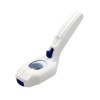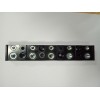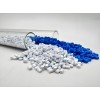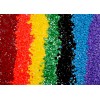Bakelite powder, also known as bakelite, has good electrical insulation and high temperature resistance. It is used to manufacture electronic appliances, daily industrial products, and automotive parts. It is a phenolic plastic mainly filled with wood powder, which is formed into products through molding (injection molding, die casting, transfer molding).
Bakelite powder is a thermosetting plastic made by the polymerization reaction of phenol and formaldehyde to produce resin, adding a certain proportion of fillers, hardeners, additives, and mixing and crushing.
Ingredients and characteristics:
a. Composition: phenolic resin, wood powder, hardener and additives, among which additives include curing agent, plasticizer, colorant, lubricant, curing accelerator.
b. Phenolic resin: The resin obtained by condensation of phenolic compounds and aldehyde compounds (mainly the condensation product of phenol and acetaldehyde) is called phenolic resin.
c. Bakelite: Phenolic resin has high mechanical strength, stable performance, hardness, wear resistance, heat resistance, flame resistance, resistance to most chemical reagents, low hygroscopicity, and excellent electrical insulation performance. It is an ideal insulating material, commonly known as Bakelite.
d. Bakelite powder plasticizes at 70-90℃, has the lowest viscosity and the best fluidity at 90-120℃, and suddenly hardens at around 160℃ to form an infusible solid, which is a hardening reaction.
e. The maximum temperature that Bakelite powder can withstand is 275℃.
f. The average shrinkage rate of Bakelite powder is 0.8%, and the expansion coefficient after molding and curing is 0.14%.
g. Bakelite powder will not burn, but will only char.

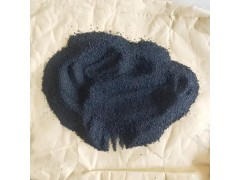
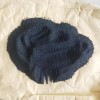


 You are not logged in. Please log in to view contact details
You are not logged in. Please log in to view contact details Supply and demand information
Supply and demand information Promote their products
Promote their products The establishment of corporate shops
The establishment of corporate shops Do business online
Do business online